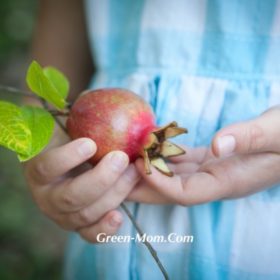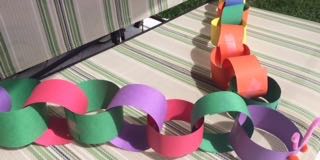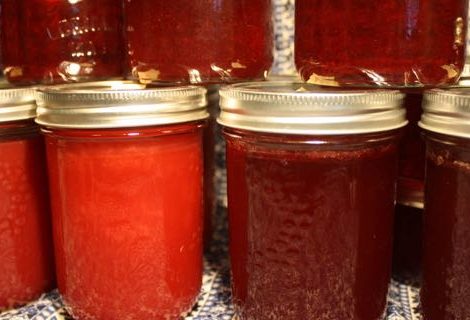Nourishment for your plants is enhanced by applying mature compost in the form of compost tea, also known as liquid gold.
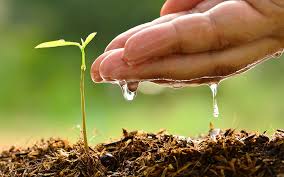 Finished compost, also known as black gold, not only feeds the good microbes by increasing their numbers and diversity but also eliminates the use of chemical fertilizers. As many gardeners have discovered, the efficiency of their compost can be increased by transforming it into this watery extract. As fresh compost may contain pathogens, it is necessary to apply it after it has become well-aged, dark and coarsely textured. Compost tea protects plant surfaces, improves root and soil structure, reduces water usage, and tends to enhance the growth and blooms of plants. Compost tea can be used to water lawns, flowers and vegetables, as well as house plants.
Finished compost, also known as black gold, not only feeds the good microbes by increasing their numbers and diversity but also eliminates the use of chemical fertilizers. As many gardeners have discovered, the efficiency of their compost can be increased by transforming it into this watery extract. As fresh compost may contain pathogens, it is necessary to apply it after it has become well-aged, dark and coarsely textured. Compost tea protects plant surfaces, improves root and soil structure, reduces water usage, and tends to enhance the growth and blooms of plants. Compost tea can be used to water lawns, flowers and vegetables, as well as house plants.
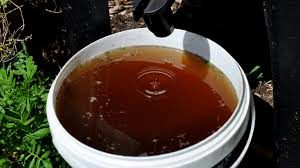 To create this liquid gold, you will need about 3 gallons (11 liters) of water. If using chlorinated tap water, allow it to sit in the sun for several hours for the chlorine to evaporate. The brewing process requires air bubbles that are best provided with the aid of a brewing pump or an air filter such as those used in fish tanks. To eliminate the spraying of pesticides on public areas, it can be brewed in large batches. As golf course superintendents stated in BioCycle Magazine, “Compost tea works and it’s cutting our costs.”
To create this liquid gold, you will need about 3 gallons (11 liters) of water. If using chlorinated tap water, allow it to sit in the sun for several hours for the chlorine to evaporate. The brewing process requires air bubbles that are best provided with the aid of a brewing pump or an air filter such as those used in fish tanks. To eliminate the spraying of pesticides on public areas, it can be brewed in large batches. As golf course superintendents stated in BioCycle Magazine, “Compost tea works and it’s cutting our costs.”
For a home brew without the use of an air filter, place a shovelful of finished compost into a sack and suspend it in a barrel of water. Stir the liquid periodically during the next couple of days to ensure sufficient oxygen and circulation. Another method is to blast itoccasionally with water from a hose. Also, the tea can be poured into a gallon jug and shaken. As it steeps, it is important to aerate the compost tea to avoid stagnation, which would have a negative effect on your plants.
Compost tea should steep from 36 to 48 hours. The longer you brew it, the more microbes will be introduced into the tea; however, utilize it within 3 days, as the microbes will not have enough food to last much longer.
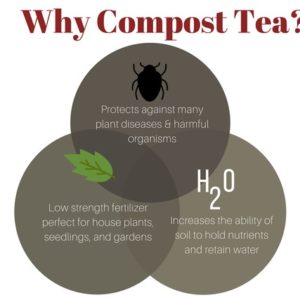 When the homemade tea is ready to use, begin by dampening the area where it will be applied. You may wish to strain the tea further by using an old shirt. Your well-balanced amber liquid can be poured onto, sprayed onto, or spread around the base of garden plants. Since this brew can be very rich in nutrients, it should be diluted with water if it is darker than amber in color. You also can add 1/8 tsp. of vegetable oil or mild liquid dish washing soap per gallon to help the tea stick to leaves. Your tea should have an earthy odor. If that changes, discard it and begin a new batch.
When the homemade tea is ready to use, begin by dampening the area where it will be applied. You may wish to strain the tea further by using an old shirt. Your well-balanced amber liquid can be poured onto, sprayed onto, or spread around the base of garden plants. Since this brew can be very rich in nutrients, it should be diluted with water if it is darker than amber in color. You also can add 1/8 tsp. of vegetable oil or mild liquid dish washing soap per gallon to help the tea stick to leaves. Your tea should have an earthy odor. If that changes, discard it and begin a new batch.
For best results, apply the liquid approximately two weeks before your plants start to bud. Compost tea also helps young plants when being transplanted. Allow your gardening efforts to take on new life by utilizing the benefits of compost tea.
View the following links with their illustrations demonstrating the procedure.
Related Links:
http://www.finegardening.com/brewing-compost-tea
http://www.gardenerspantry.ca/microorganisms/compost-tea.html
http://www.homecompostingmadeeasy.com/composttea.html
http://www.shopmetcalfes.com/pdfs/casestorygolfcomposttea.pdf
https://bonnieplants.com/gardening/how-to-make-compost-tea/
http://www.hgtv.com/design/outdoor-design/landscaping-and-hardscaping/how-to-brew-compost-tea
Larraine writes illustrated children’s stories on composting and pollination. To view, please visit www.castlecompost.com


